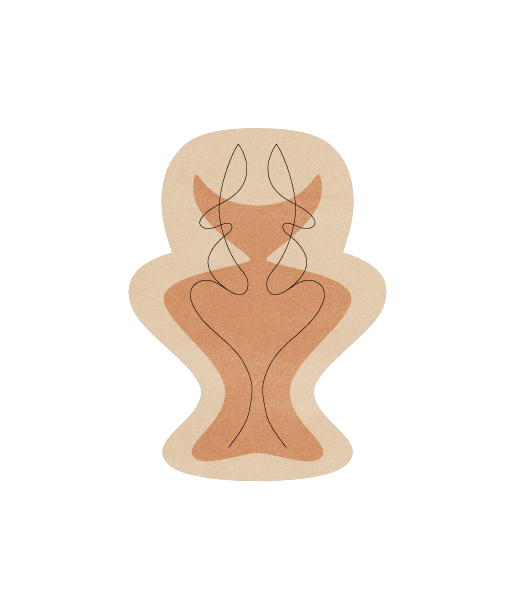Bladder
The urinary bladder is a vital component of our urinary system, serving as a storage facility for urine produced by the kidneys. Nestled in the lower abdomen, it's a muscular sac that's brought into action when filled to capacity. Under the regulation of the nervous system, the smooth muscle lining the bladder contracts, propelling urine through the urethra and out of the body. Interestingly, this process is under the control of our brain and can be voluntarily manipulated.
However, like any other organ, the bladder is susceptible to a range of conditions. These include urinary tract infections, bladder cancer, bladder stones, and incontinence, the latter being an unintentional leakage of urine. Incontinence can occur due to either weakened pelvic floor muscles failing to retain urine (stress incontinence) or an overactive bladder muscle (urge incontinence). Another condition, nocturia, prompts individuals to urinate frequently during the night, which can disrupt sleep. It's essential to remain vigilant for symptoms such as lower abdominal discomfort or pain during urination, frequent urination, blood in the urine, or difficulty initiating or halting urination.
Bladder Conditions
Bladder Cancer
Bladder cancer, a prevalent form of urinary tract cancer, is fundamentally an uncontrolled proliferation of cells within the bladder's lining. This disease can broadly be divided into two primary categories, depending on how deeply the cancerous cells have invaded. These are non-muscle invasive bladder cancer and muscle-invasive bladder cancer, each necessitating a unique treatment strategy. It is worth noting that all forms of bladder cancer fall within the treatment capabilities of Dr Deanne.
Blood In Urine
Blood in urine, known scientifically as haematuria, can appear visibly (macroscopic) or non-visibly (microscopic). This occurrence necessitates further evaluation, including urine testing, a specialist CT scan, and a cystoscopy, an endoscopic camera procedure. Often, the source of the bleeding is harmless, potentially due to a stone, infection, or an enlarged prostate. However, sometimes the bleeding might reveal the existence of bladder cancer. If detected, a trans-urethral resection of bladder tumour (TURBT) is the method of removal typically used.
Incontinence
Incontinence can typically be attributed to two main physiological complications. The first is the weakening of the pelvic floor muscles, which play a crucial role in controlling the retention of urine - this is medically referred to as stress incontinence. The second common cause is an overly active bladder muscle which results in sudden, strong urges to urinate, categorised as urge incontinence. In addition to these, another prevalent form of incontinence is Nocturia. This condition causes individuals to wake frequently during the night to urinate, leading to substantial disruption in their sleep cycles. It's important to understand that while these conditions may lead to discomfort, they are common issues and help is generally available through various treatment methods and lifestyle adaptations.


